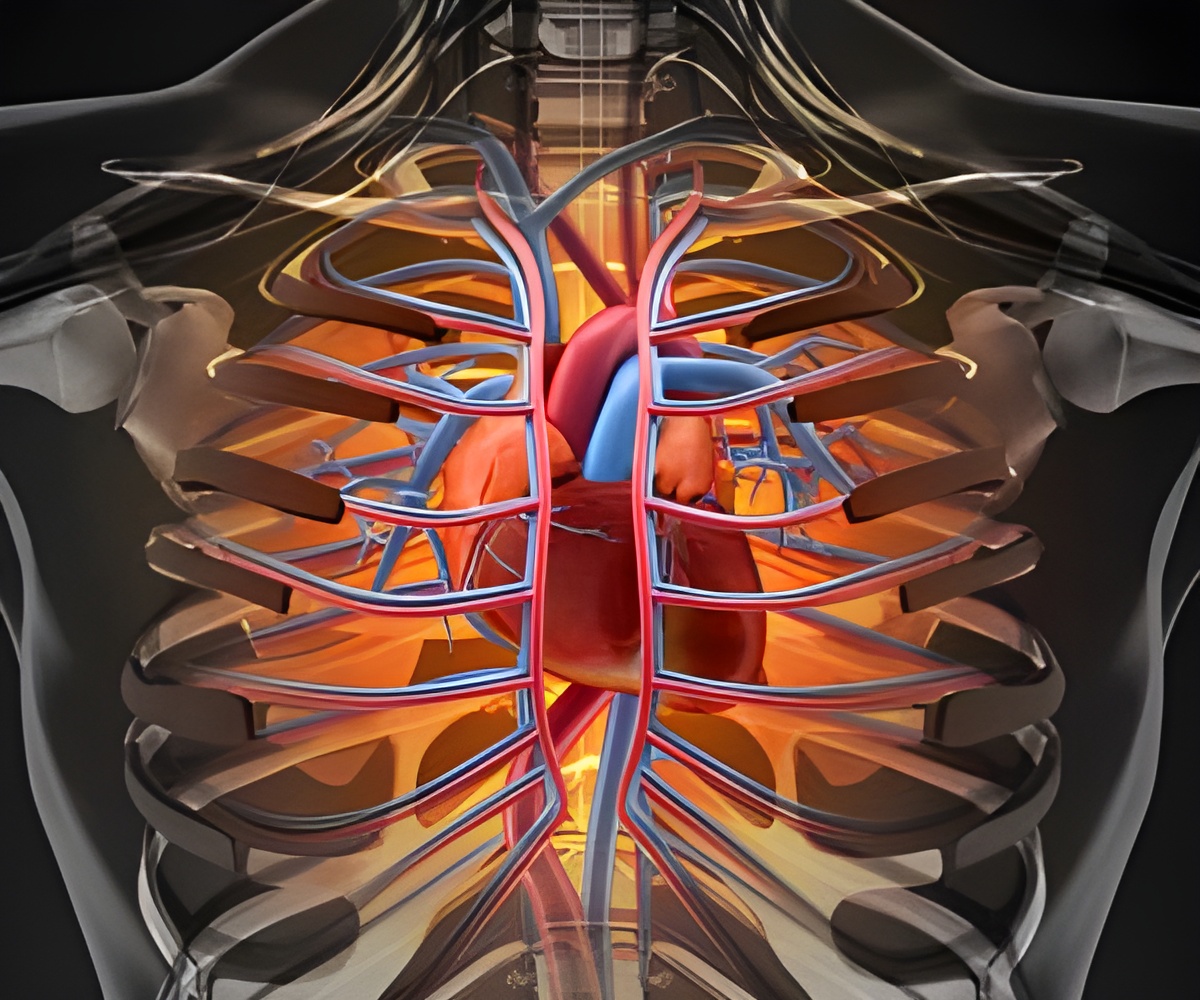Researchers hope to develop a blood test that could detect early changes in blood flow to heart.

All study subjects had gone to the emergency department with symptoms of coronary disease, such as chest, jaw and shoulder pain.
The researchers hope a larger study could confirm that acute changes in these fatty acid and amino acid metabolites, which are energy sources for cells, could be an early biological indicator of restricted blood flow that could complement or even replace current tests.
"Cardiologists do a stress test to determine who's at risk for having heart disease," said lead author Alexander T. Limkakeng Jr., M.D., lead author of the study and an associate professor of emergency medicine at Duke. "It guides them on whether they need a more invasive study like a catheterization. Augmenting the imaging of a stress test with metabolite biomarkers could make that process more accurate or more efficient."
Previous research has suggested that metabolites could indicate heart disease, but scientists have yet to uncover the specific metabolomic signature to look for. For the Duke study, scientists evaluated the presence of more than 60 chemicals or compounds in the blood to identify the five specific metabolites that appeared to change in patients with abnormal cardiac stress tests.
The researchers hope to begin a larger study to further test this approach to detecting coronary artery disease, they said.
Source-Eurekalert















